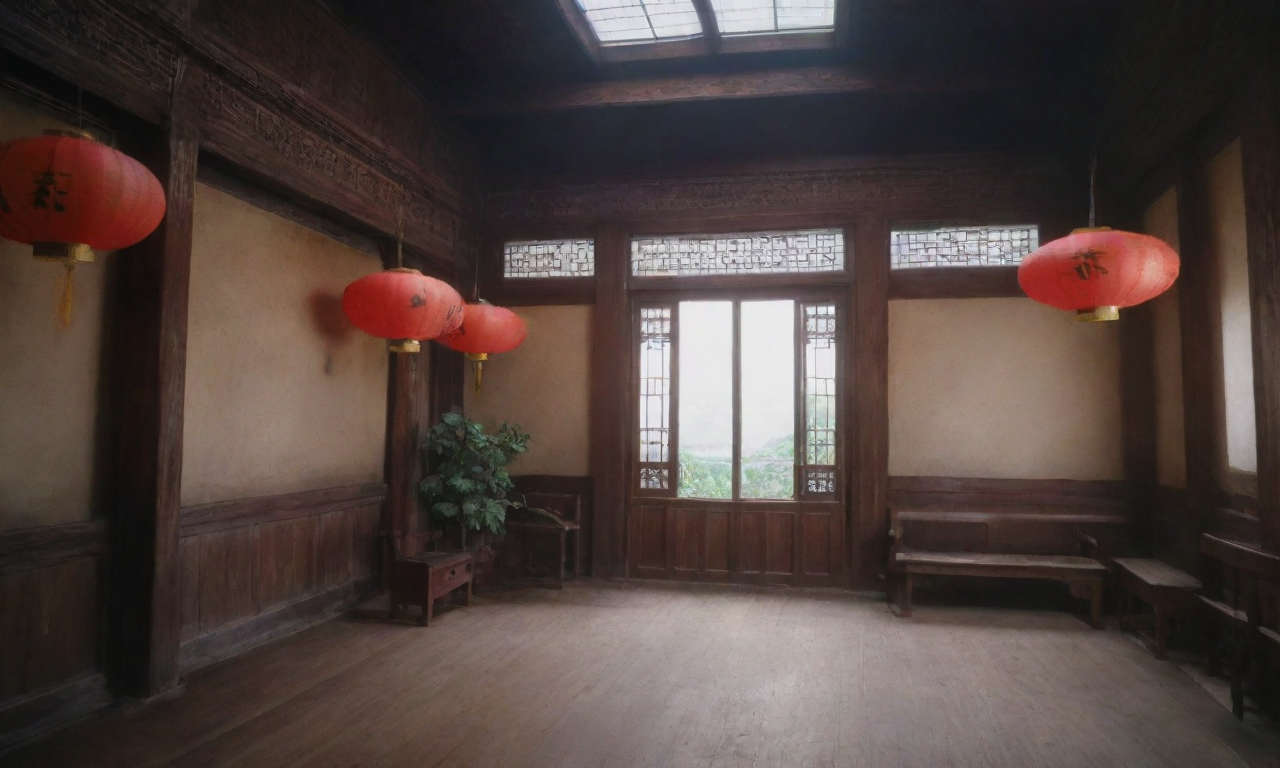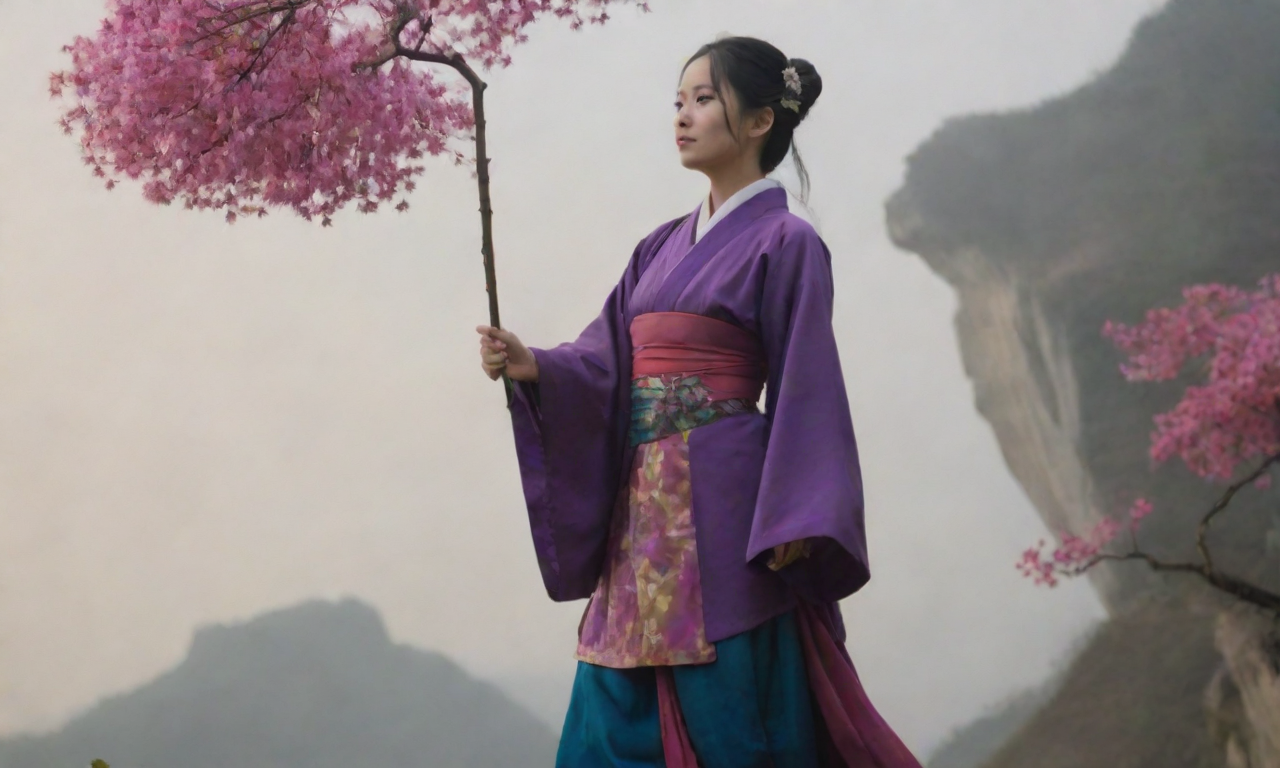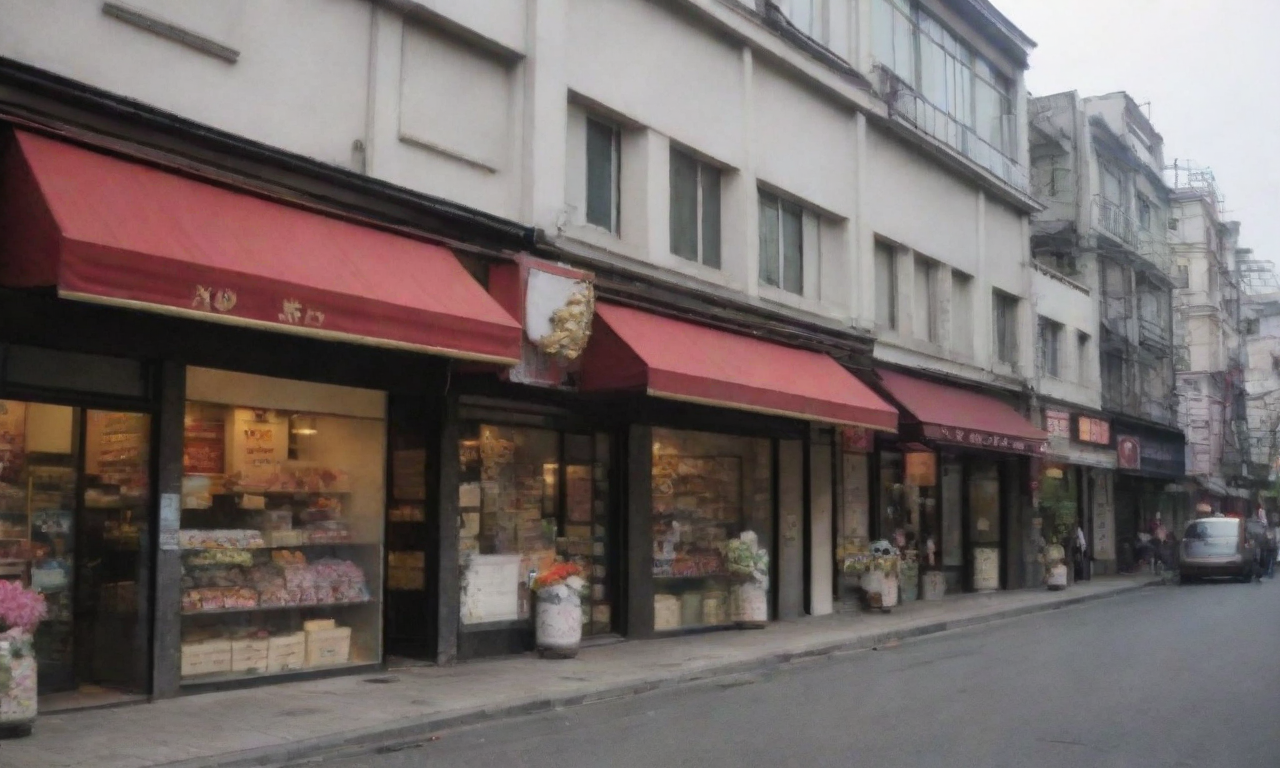According to reports from multiple media outlets, on February 20th, the Coconut Tree Group disclosed its operating condition over the past year at the 2024 Spring Festival start-up meeting.
In a year of breaking through with e-commerce, the Coconut Tree Group achieved a total annual sales of 5 billion yuan in 2023, marking the best performance in its history. Between 2013 and 2020, the revenue of Coconut Tree hovered around 4 billion yuan.
In addition, the Coconut Tree Group's total annual sales volume reached 700,000 tons, a 10.26% increase year on year; the taxes paid amounted to 682 million yuan, up 15.39% compared to the previous year. This year, Coconut Tree has continued to maintain a strong momentum, with January sales up by 20% compared to the same period last year.
Carve out an identity
In a beverage industry full of talent, only Coconut Tree can be true to itself while giving a hint of imagination.
After ups and downs, and navigating the beverage industry for over thirty years with one hit product, Coconut Tree has always been on the edge of controversy.
According to The Paper, as early as March 2019, Hainan Coconut Tree Beverage Co., Ltd. was criticized and penalized by the Haikou Longhua District Administration for Industry and Commerce with a fine of 200,000 yuan for "hindering social public order or violating good social customs."
If the Word-style packaging design is what distinguishes it from other beverage brands, then the curvaceous beauty is the unique connotation Coconut Tree gives this drink—suggesting drinking it can make one beautiful and fair-skinned.
At first, Coconut Tree's packaging was quite conventional, with a black background and white text, featuring nothing more than coconuts and the creamy white coconut juice poured out.
However, as one of Hainan's key enterprises, Coconut Tree faced management issues every few years, which the leaders took very seriously. According to Coconut Tree's official website, from 1981 to 1985, the enterprise suffered losses for five consecutive years. Four factory directors were on the brink of bankruptcy, and nobody dared to take on the role. The local Party secretary and mayor were at their wits' end. They considered transferring Wang Guangxing, who had revived the Coconut Island company and was in the process of saving the electronics company, but they were also concerned that "saving one would kill another." In the end, they decided to save "Coconut Tree" first.
The arrival of Wang Guangxing shaped the style of Coconut Tree and confirmed his unique aesthetic, laying the foundation for this fresh-pressed, additive-free beverage to become a "national drink."
Later, Coconut Tree's drink packaging shifted from the plain black and white to the colorful Word-style typography, featuring the plump and fair-skinned Xu Dongdong in the middle.
With the rise of national trend products, sugar-free concept drinks, and milk tea, old national brands that relied on offline channels are inevitably impacted by the times and see a hit in sales.
Beyond pushing innovative concepts, some new beverage brands excel at capturing hearts through internet channels. They generate buzz on TikTok and invest heavily in KOLs on Xiaohongshu, weaving a dream of emotions for consumers from advertising to lifestyle.
Concentrating on offline operations, Coconut Tree only started to experiment with TikTok live streaming in 2022. To be consistent with their product positioning, they hired a group of beauties who sang and danced energetically in the live stream sessions. However, that year's live streams not only attracted a significant audience but also drew criticism, leading to multiple interruptions due to reports.
Looking at this from an advertising perspective, setting aside the good taste, it seems that Coconut Tree's target audience is still primarily female.
Latterly, Coconut Tree's live streams featured not just beauties but also strong men. A group of good-looking men and women with attractive figures sang and danced together in the live stream.
China Newsweek cited the opinion of the operator of Coconut Tree's live stream room, Hainan Remember to Be Happy Cultural Media Co., Ltd., saying that the energetic dancing style of the live broadcasts aims to express "men with manliness, women with femininity, and coconut juice with its own flavor, emphasizing the original taste," and they stressed it is completely different from other products on the market.
The effectiveness of the reform
Since its birth, from its former self to coconut trees, coconut trees have always been an extraordinary existence. Despite experiencing many hair-raising moments, it was ultimately "brought back to life."
After Wang Guangxing became the head of Haikou Beverage Factory, he not only quickly sold the backlog of red date wine but also made over 1 million yuan. Later, under his leadership, the production of Yeshu brand coconut juice began.
When Hainan Province was established in 1988, Yeshu brand coconut juice became the "provincial beverage for the founding of Hainan Province." That year, the Chinese Association for Science and Technology held a press conference in Beijing to announce the successful development of Yeshu coconut juice, declaring to the world that this technology was at the forefront globally and was a "world’s first, unparalleled in China." In the 1990s, Yeshu brand coconut juice became the state banquet drink at Beijing Diaoyutai State Guesthouse.
Just as Moutai is the state banquet alcohol, the aforementioned series of prestigious experiences have brought great fame to Yeshu.
The Paper, citing information from Yeshu's official website, reports that in 1994, Yeshu brand coconut juice ranked first in sales among national beverage enterprises. The official website states that Yeshu Group maintained a sales growth for five years from 1995 to 1999, with annual sales exceeding 1 billion yuan and tax profits over 100 million yuan.
According to Beijing Business Today, in 1999, Yeshu brand coconut juice once had a market share of 75%, which had declined to about 26.3% by 2019, and Yeshu's market share continues to be further eroded.
For a long time, Yeshu's revenue has hovered around 4 billion yuan, far from the target of 10 billion yuan in production value set by Wang Guangxing for the years 2016-2020.
In fact, in the past few years, aside from the emergence of various new flavors, due to the characteristics of the plant protein beverage track itself, it has not become a mass-market product.
However, as people's health awareness rises, these types of beverages that offer both nutrition and unique flavors have gained popularity.
According to data from Hua Jing Industry Research Institute, the market size of China's plant protein beverage industry in 2022 was about 135.1 billion yuan, a year-on-year increase of 9.5%. In 2023, the market size of China's plant protein beverages is expected to reach 142.8 billion yuan.
In terms of market segments, soy milk beverages have the heaviest weight in China's plant protein beverage industry, accounting for 22.01%, followed by coconut juice beverages at 14.24%, walnut milk beverages at 9.49%, and almond milk beverages at 3.14%. Other plant protein beverages account for 51.12%.
Since 2017, various departments have issued policies to support and regulate the development of the soft drink industry, including accelerating the development and production of plant protein beverages, strengthening beverage safety supervision, and optimizing the structure of beverage products. For example, the National Development and Reform Commission's "Guidance Catalog for Industrial Structure Adjustment" (2019) indicates that there should be an acceleration in the development and production of high-value-added plant beverages such as tropical fruit juices, berry fruit juices, cereal beverages, herbal drinks, tea concentrates, tea powders, and plant protein beverages, as well as the construction of processing raw material bases.
The release of market demand coupled with policies that encourage high-quality products represents an opportunity for the plant protein industry. Though some question the packaging design of Ye Tree, most agree that Ye Tree's coconut juice is indeed delicious.
Conclusion
The only issue for the old enterprises may be how to market themselves in the new era.
Zhu Danpeng, a Chinese food industry analyst, suggests that Ye Tree Group's marketing strategy still focuses on attracting traffic and attention. They struggle with a singular product line, poor new product relay, and lack of effective innovation. As their original sales channels and consumer base age, Ye Tree Group urgently needs to enhance its brand influence among younger consumers and innovate to address the pain points of the new generation of consumers.
The flavor of Ye Tree brand coconut juice hasn’t changed for decades; what has changed is the men and women it tantalizingly appeals to!
[Disclaimer] The content of the article is for research and learning purposes only and does not constitute any investment advice.








